Understanding the EYFS Framework: How It Benefits Your Child
- Claud Kelley

- Jan 1, 2025
- 1 min read

The Early Years Foundation Stage (EYFS) Framework is a crucial component of early childhood education in the UK. It sets the standards for the learning, development, and care of children from birth to age five. Understanding this framework can help parents and caregivers appreciate how it benefits their child's growth and development.
Key Principles of the EYFS Framework
Learning and Development: The EYFS outlines seven areas of learning and development, which are divided into two categories: prime areas and specific areas.
Assessment: Regular assessments are conducted to monitor children's progress and ensure they are meeting developmental milestones.
Welfare Requirements: The framework also includes guidelines on health, safety, and well-being, ensuring a safe learning environment.
Benefits of the EYFS Framework for Your Child
Holistic Development: The EYFS promotes a well-rounded approach, addressing emotional, social, physical, and cognitive development.
Individual Learning: It recognizes that each child is unique, allowing for personalized learning experiences that cater to individual needs and interests.
Social Skills: Through play and interaction with peers, children develop essential social skills and learn to work collaboratively.
Early Literacy and Numeracy: The framework introduces foundational skills in literacy and numeracy, setting the stage for future academic success.
Parental Involvement: The EYFS encourages strong partnerships between parents and educators, fostering a support system for children's learning.
Conclusion
Understanding the EYFS Framework is essential for parents and caregivers as it provides a structured approach to early childhood education. By recognizing its principles and benefits, you can better support your child's development during these formative years.





.png)